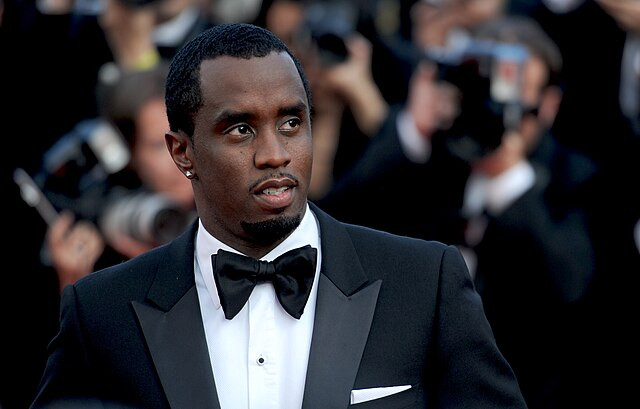Jurors in the federal sex-trafficking and racketeering trial of Sean "Diddy" Combs reached a verdict Tuesday on four of five felony charges but remained deadlocked on the most complex count: racketeering conspiracy. The split decision followed more than 13 hours of deliberations over two days and marked a critical juncture in the high-profile case unfolding in the Southern District of New York.
Combs, 55, was arrested in September 2024 and pleaded not guilty to all charges, which include one count of racketeering conspiracy, two counts of sex trafficking, and two counts of transportation to engage in prostitution. If convicted on all charges, he could face life in prison.
The 12-member jury-comprised of eight men and four women-reached unanimous verdicts on the four counts related to sex trafficking and prostitution. However, they notified Judge Arun Subramanian late Tuesday that they were unable to agree on the racketeering charge, citing "unpersuadable views" among some jurors.
"I ask you to return to the jury room. If you decide you are done for the day, send me another note and I'll bring you back out to end the day," Judge Subramanian told the panel after 5 p.m. ET. The jury subsequently adjourned for the day and is expected to resume deliberations Wednesday.
The government is pushing for an Allen charge, commonly known as a "dynamite charge," to urge the jury to work toward consensus. Defense attorneys opposed that request, preferring that deliberations continue without added pressure on dissenting jurors.
Central to the racketeering count is the allegation that Combs orchestrated a wide-ranging criminal enterprise over two decades. Prosecutors allege that Combs and his associates engaged in sex trafficking, drug distribution, kidnapping, arson, and obstruction of justice, using his business empire and industry connections to facilitate and conceal the crimes.
Testimony from 34 witnesses over the course of a seven-week trial included detailed accounts from former girlfriends Casandra "Cassie" Ventura and a witness identified as "Jane." Ventura, who was visibly pregnant during her testimony, described being coerced into so-called "freak offs"-sex parties involving drugs and hired male escorts.
Daniel Phillip, one of the male escorts, also testified that he was paid to participate in such encounters. On Tuesday, the jury requested transcripts of Ventura's and Phillip's testimonies, which the judge ordered to be delivered by 1 p.m. ET.
Jurors also submitted a note requesting clarification on what constitutes drug distribution, a key element in the racketeering charge. The judge responded with a passage from the indictment: "The word 'distribution' means actual, constructive, or attempted transfer. Distribution does not require a sale."
From the trial's outset on May 12, Combs' defense team has maintained that the sexual activity was consensual and part of a "swingers lifestyle." While acknowledging instances of domestic violence, they deny the existence of a criminal conspiracy or coercion.
Combs' attorneys introduced text messages and other exhibits to bolster the defense. "No criminal conspiracy existed," they argued, portraying the charges as an overreach by prosecutors seeking to criminalize private conduct.
The racketeering charge carries the most severe legal implications. To convict, jurors must find that Combs directed an enterprise and committed at least two of the predicate acts listed-ranging from drug trafficking to kidnapping.
Since Ventura's initial lawsuit in November 2023, which was settled a day later, Combs has faced multiple civil suits from additional accusers. He has remained in custody since his indictment was filed in September.





